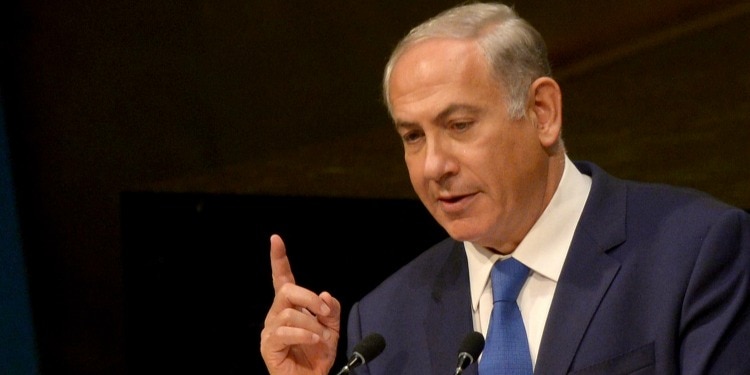Bibi on ‘Absurd’ UNESCO Vote
The Fellowship | May 2, 2017

After the United Nations’ cultural body passed its latest resolution denying any Jewish claim to Jerusalem, Israeli PM Benjamin Netanyahu lashed out at the ongoing anti-Israel nonsense. The Times of Israel’s Stuart Winer and Raphael Ahren report that Netanyahu not only bashed UNESCO’s vote, but also praised the growing international support for Israel that he has witnessed:
Prime Minister Benjamin Netanyahu on Tuesday derided as “absurd” a resolution passed by the UN’s cultural body denying Israeli claims to Jerusalem, at the same time lauding what he described as increased global support for the Jewish state in international forums. “Enough,” he declared. “The theater of the absurd when it comes to Israel has to stop.”
Politicians from the opposition, meanwhile, branded the vote — which coincided with Israel’s Independence Day — as “anti-Semitic.”
“Today there are more countries abstaining or supporting Israel than countries against Israel,” the prime minister said. “That is a change, for the first time.”
Submitted to UNESCO’s Executive Board by Algeria, Egypt, Lebanon, Morocco, Oman, Qatar and Sudan, the resolution on “Occupied Palestine” referred to Israel as the “occupying power” when discussing Jerusalem, indicating that it has no legal or historical ties to any part of the city. The resolution passed with 22 votes in favor, 23 abstentions, 10 opposed, and representatives of three countries absent.
Speaking at a reception for foreign diplomats held at the President’s House in Jerusalem to mark Israel’s Independence Day, Netanyahu — who also holds the position of foreign minister — highlighted the progress made in convincing countries to stop backing anti-Israel votes.
“In the past two days I had talks with many of the leaders of your countries, heads of state, foreign ministers… regarding the absurd vote that is being held now in the UN,” Netanyahu said.
“The result is that the number of countries supporting this absurd vote in UNESCO is getting smaller. A year ago, 32 [countries supporting similar votes], half a year ago it went down to 26, and now it has gone down to 22.”
